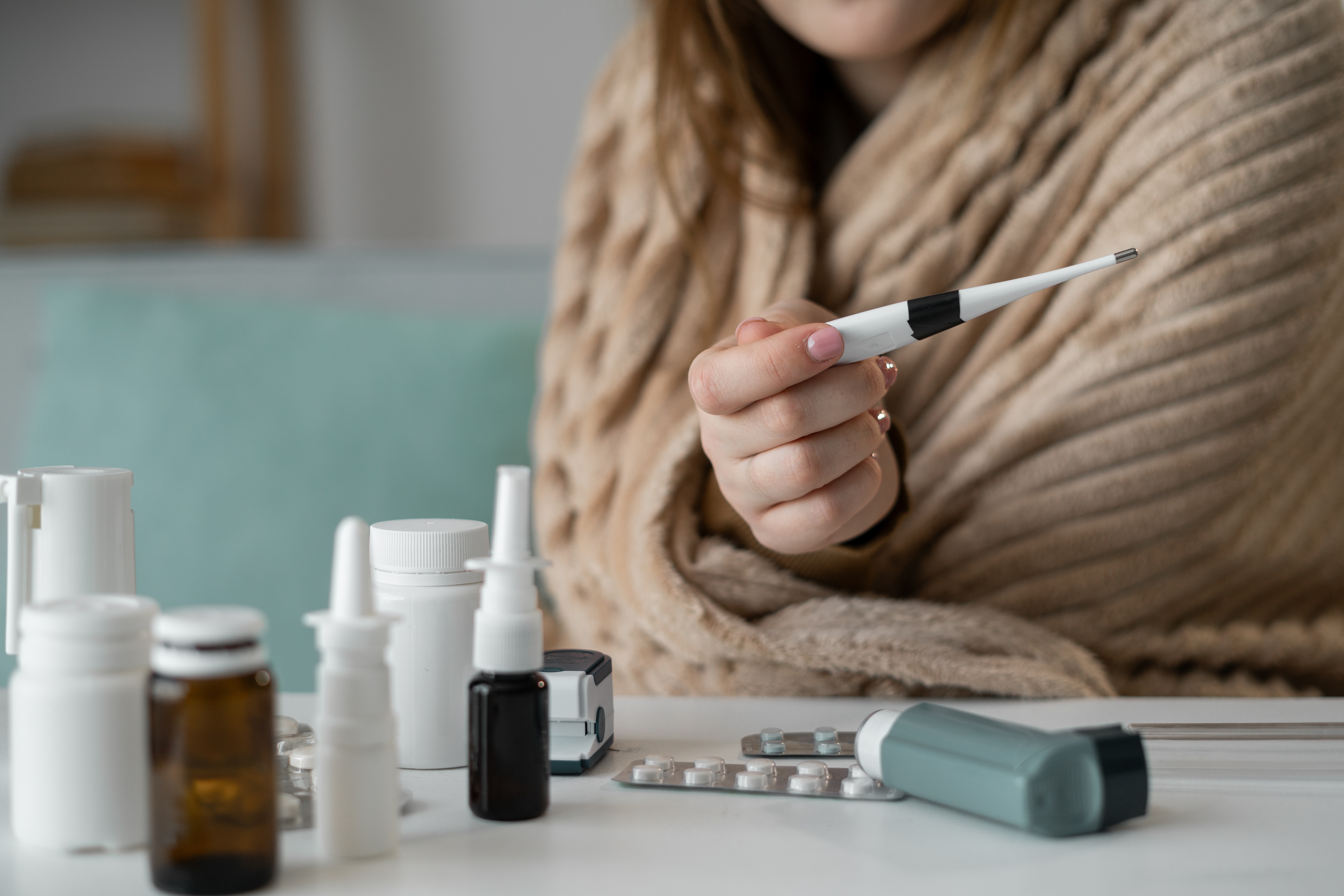As the holiday season begins, you might be wondering about the risks of getting sick with COVID-19 as you make plans to celebrate.
We asked the experts, what’s the risk of allowing family or friends to stay over around the holidays?
Their take: letting family or friends stay over around the holidays is high risk.
"Unfortunately, given the amount of COVID 19 in most states and in the country overall, the risk remains significant. If they are not the people that you live with every day right now, as hard as it is and as much as none of us like it, we should not be gathering together even to celebrate the holidays, to decrease the likelihood that we make our loved ones ill. That is not the gift we want to give during the holidays," Dr. Kelly Cawcutt, infectious disease specialist at Nebraska Medicine, said.
"You want to think about if there's anybody high risk in your household or any anybody high risk who's going to be visiting your home. And if there is, really considering if the additional risk that they will impart, no matter how cautious you are, is that additional risk worth it if somebody is very high risk for for a complication or a serious illness? Know the incidents in their community and yours. If the incidents of cases is higher than 100 cases per hundred thousand residents, you want to start thinking about. Are you asking too much? And are you imparting too much risk both on yourselves and your visitors? " Dr. Iahn Gonsenhauser, chief quality and patient safety officer at The Ohio State University Wexner Medical Center, said.
"Typically we would have said, you want to quarantine them. But typically when there are people are coming over for Thanksgiving, they're not staying for that long, probably coming over for a weekend, maybe four days, tops. So masking, trying to have separate bathrooms, you know, sleeping in separate rooms will probably be the right way to do it if you really have to. I'm still again, avoiding it would probably be the right way to go," Dr. Irfan Hafiz, infectious disease physician and Northwest Region chief medical officer at Northwestern Medicine, said.
For more answers on what is low, medium, or high risk, visit newsy.com/whatstherisk.











